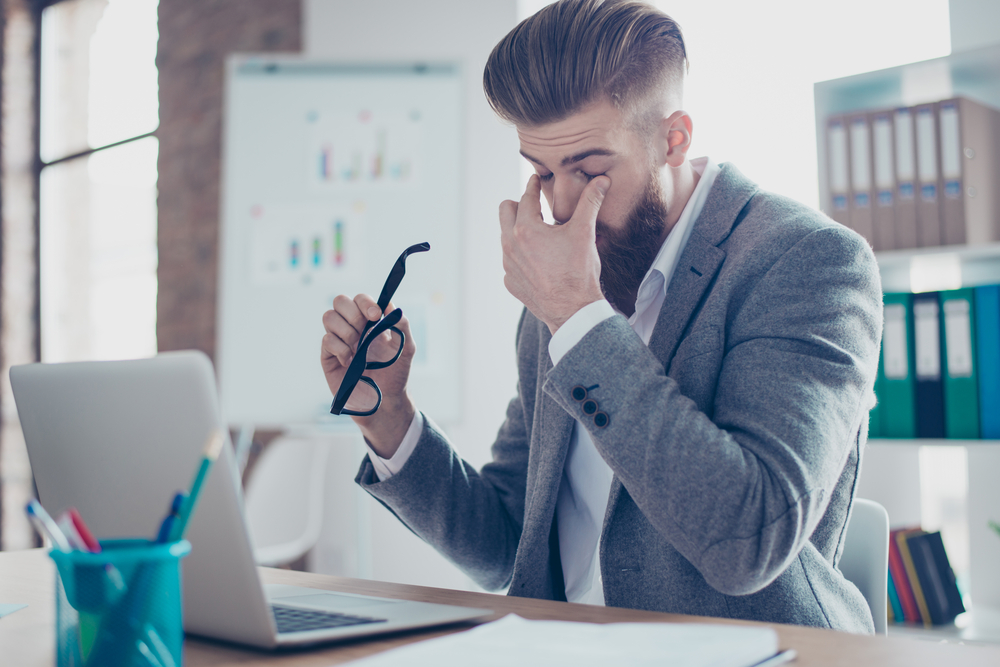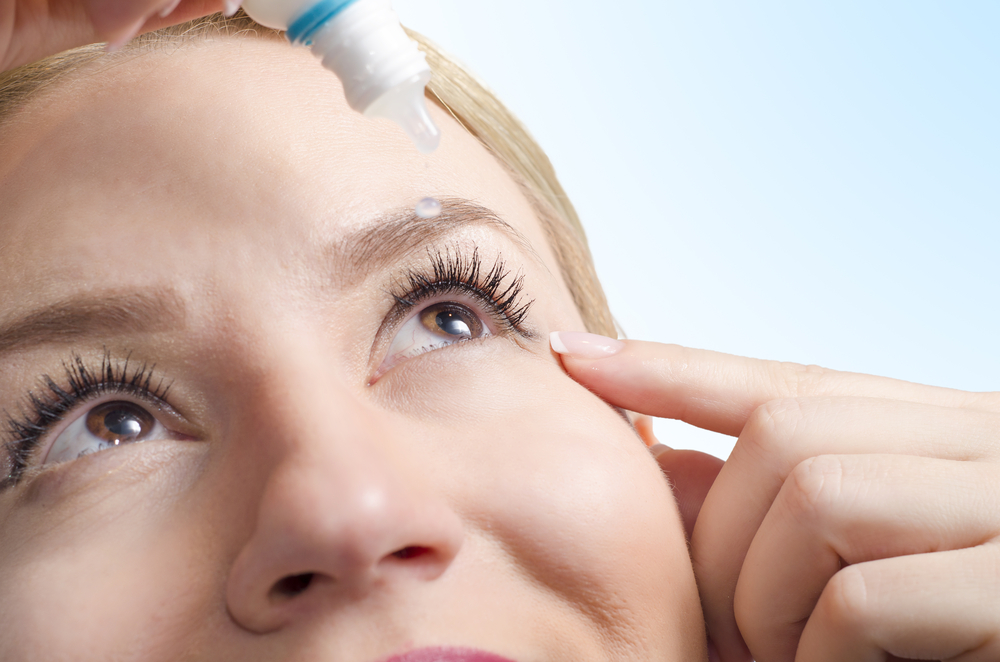The reasons for dry eye can be many, from starting at your computer for too long to simply getting older. But another cause for those dry and irritated eyes could also be the medicines you take on a regular basis. Many common pharmaceutical drugs have been shown to cause dry eye as a side effect.
If you are experiencing dry eyes and unable to figure out what is the cause? The answer may be in your cupboard. Dry eye can develop as a side effect of certain medications. In this modern world, a majority of people are taking some prescription medication, and sometimes several. Furthermore, when we talk about older people, the older the person is, the more likely he/she will be taking more than one prescription drug. But, one needs to rethink if he/she is regularly taking more than one because the side effects can begin to add up. Dry eye is one of the most common side effects that all need to aware of who is taking medicines on a regular basis.

Also Read: Everything You Don’t Know About Eye Allergies
But, the good news is that wide variety of treatment options range available for vision care.
You will be surprised to know that even non-prescription drugs could be contributing to dry out your eye. If you are noticing that your eyes are becoming dry, observing that there are scratches on them, or you feel like blinking your eyes several times to get a little moisture going, have a look on your medicine cabinet. Here are some common pharmaceutical agents that are known to cause dry eye symptoms.
- Antihistamines
Antihistamine drugs are considered for reducing allergies and cold symptoms, including, itching, sneezing, itching, runny nose, and watery eyes. Unfortunately, clinical studies have shown that these drugs also cause a decrease in tear film production.
- Antidepressants
Antidepressant drugs can have a negative impact on vision, disrupting the message received by the cornea and optic nerve. These are known to target nerves in the brain. These drugs have been reported to cause side effects, including eye pain, dry eye, inflammation of the eyelids, and double vision. Amitriptyline is a tricyclic antidepressant that blocks the transmission of nerve impulses. Such type of medications results in disruption of normal eye function. Drugs such as Lexapro, Paxil, Zoloft, Celexa, and Wellbutrin are some antidepressant medications that have been reportedly made the dry condition worse.
- Nasal decongestants
What’s relieving you from the stuffy nose may not be so gentle on your eyes. There are several over the counter medicines available for relieving cold and flu symptoms, sinusitis and hay fever. Nasal decongestants are available in the form of tablets, liquids, and pills. They act by narrowing blood vessels in the membrane of the nose. This allows blood flow to the nasal tissue to reduce, which help already blocked nose to breathe easily. Such medications sold under several brand names containing ingredients like oxymetazoline, pseudoephedrine, and phenylephrine. Like antihistamines, nasal decongestants, also cause a decrease in tear production.
- Blood pressure lowering medications
People who are prescribed with blood pressure lowering medications can also suffer from a dry eye problem. Medications such as beta blockers that are known to reduce the force of heart muscle contractions and lessen blood vessel contraction are believed to the decreased sensitivity of the cornea.
- Oral antibiotics
Oral antibiotics such as amoxicillin and penicillin can cause redness, itching, and ultimately dryness of eyes. Intake of antibiotics on a regular basis may also cause blurred vision.
- Hormone therapy and oral contraceptive pills
Women who have been prescribed with hormone therapy, particular estrogen are more likely to develop dry eye issue. According to clinical research, more than 25000 postmenopausal women who were taking estrogen alone had a 69% increased risk of dry eye. On the other hand, those women who were taking estrogen in combination with progesterone has a 29% greater risk of developing eye problem as compared to women are not undergoing hormone therapy.
Also, many birth control pills have a dry-eyed on their list of side effects. Contraceptive pills make dry eye because of hormonal fluctuations. A certain type of birth control pills also known to cause light sensitivity.
Eye care tips
Living with dry eye can be a challenge, but by following these tips for eye care you can relieve some of the symptoms:
- Avoid smoking
- Avoid too much air movement
- Use artificial tears
- Give your eyes a rest
- Consider Omega 3 fatty acid supplement
Also Read: 10 Possible Conditions Leading to Eye Burning Sensation
If these eye care tips don’t work, you can go for eye infection treatment. Consider visiting an ophthalmologist for vision problem treatment. After determining your condition, he’she can prescribe you with eye care medicine that can help you get rid of this eye infection.


